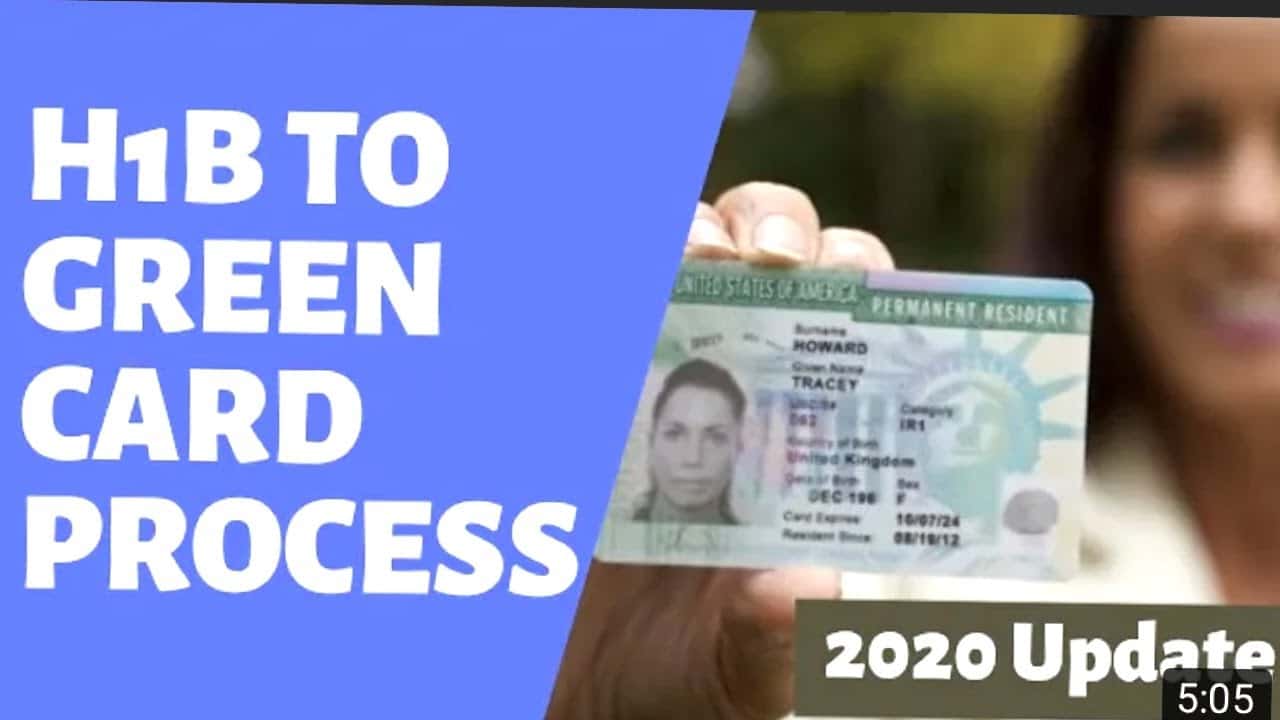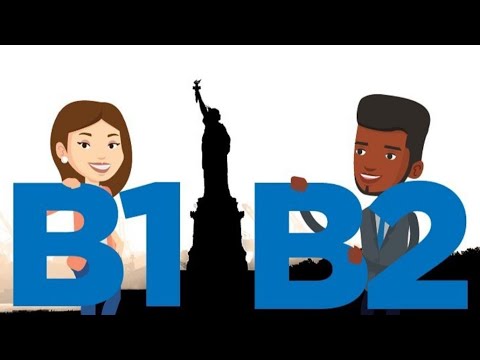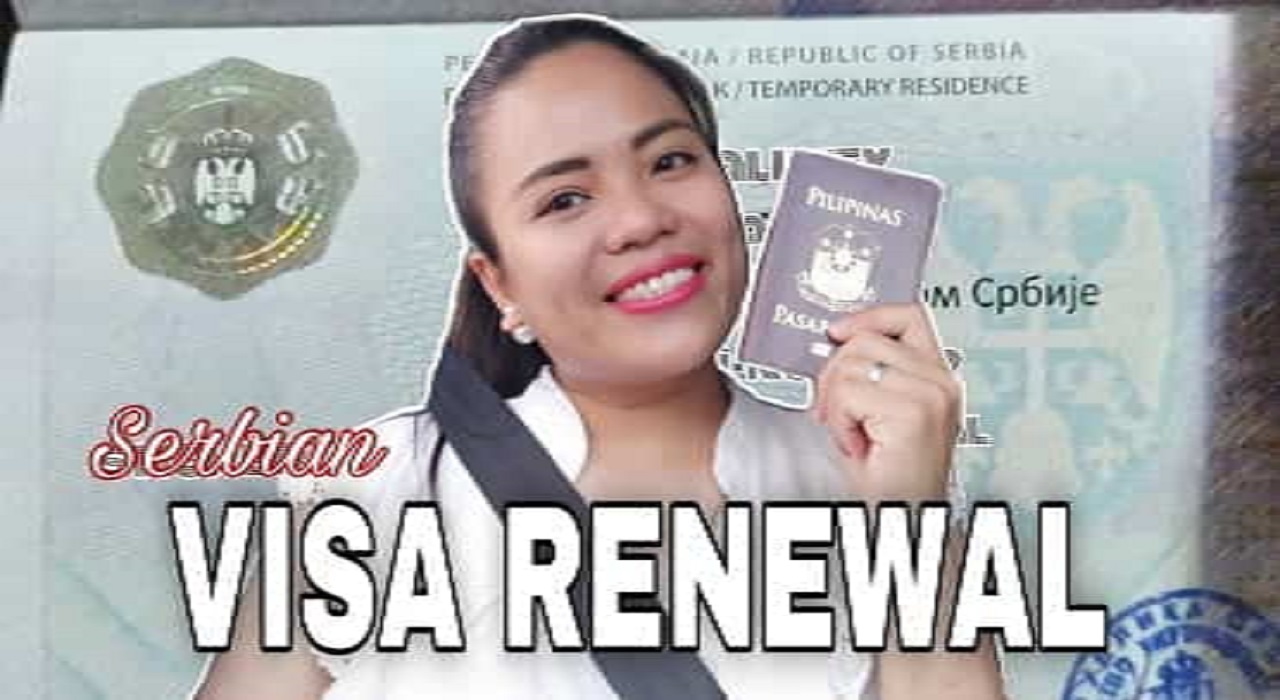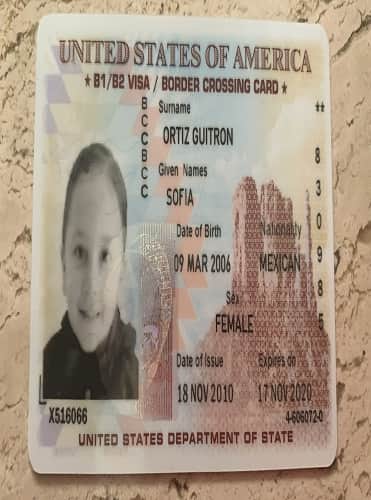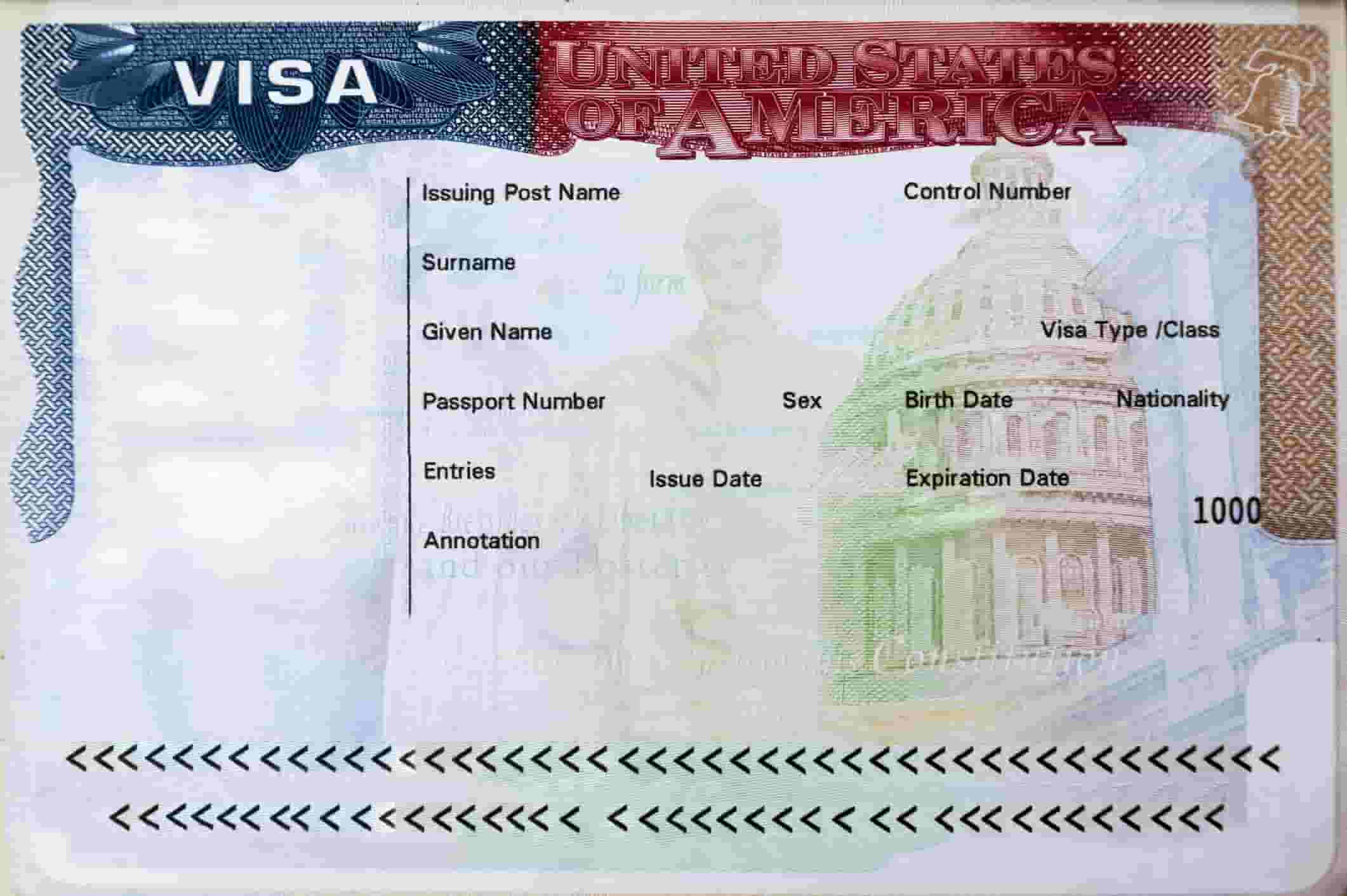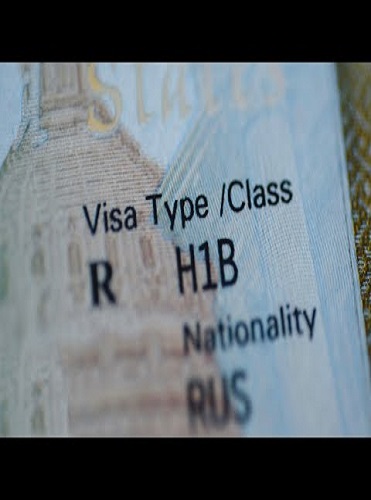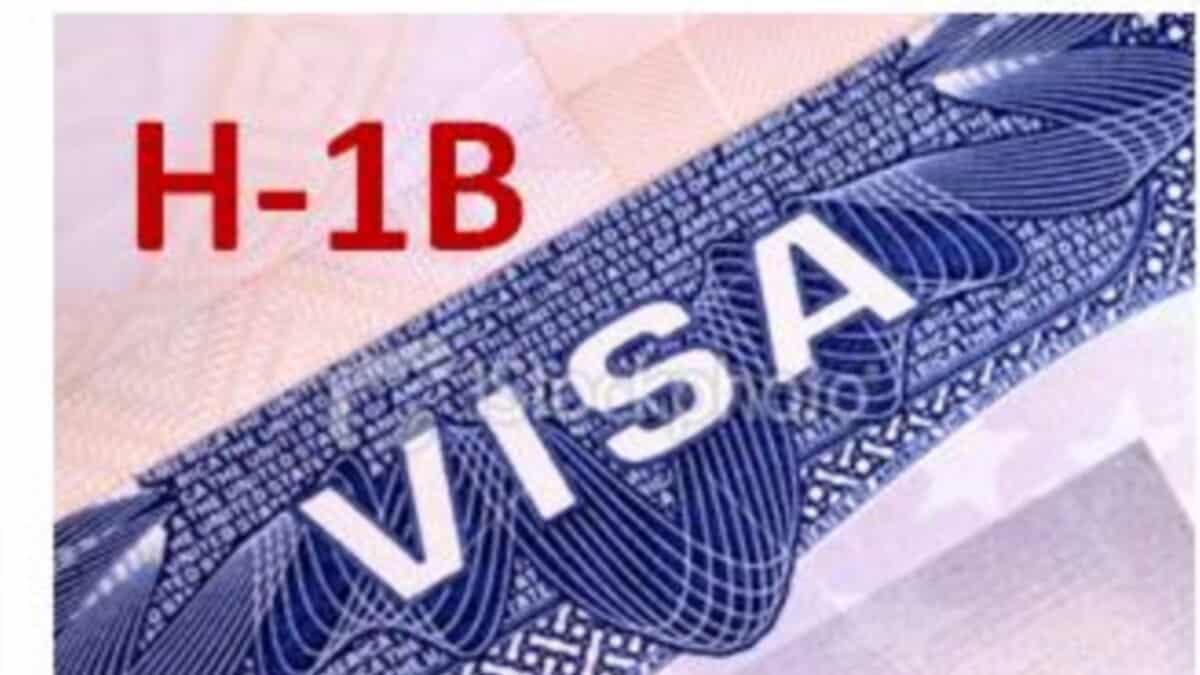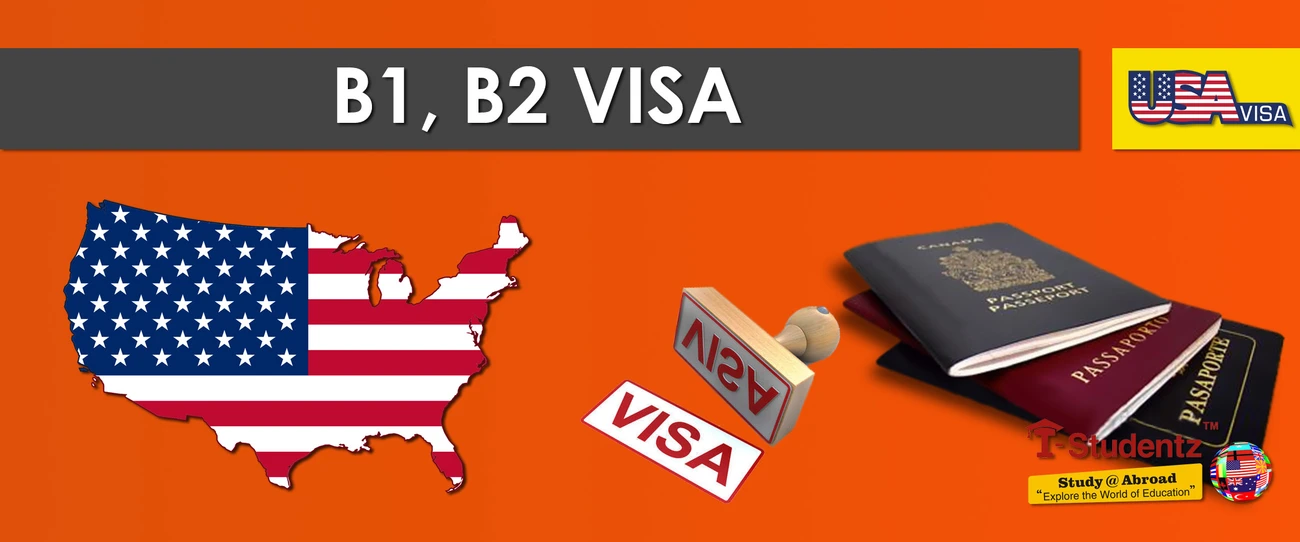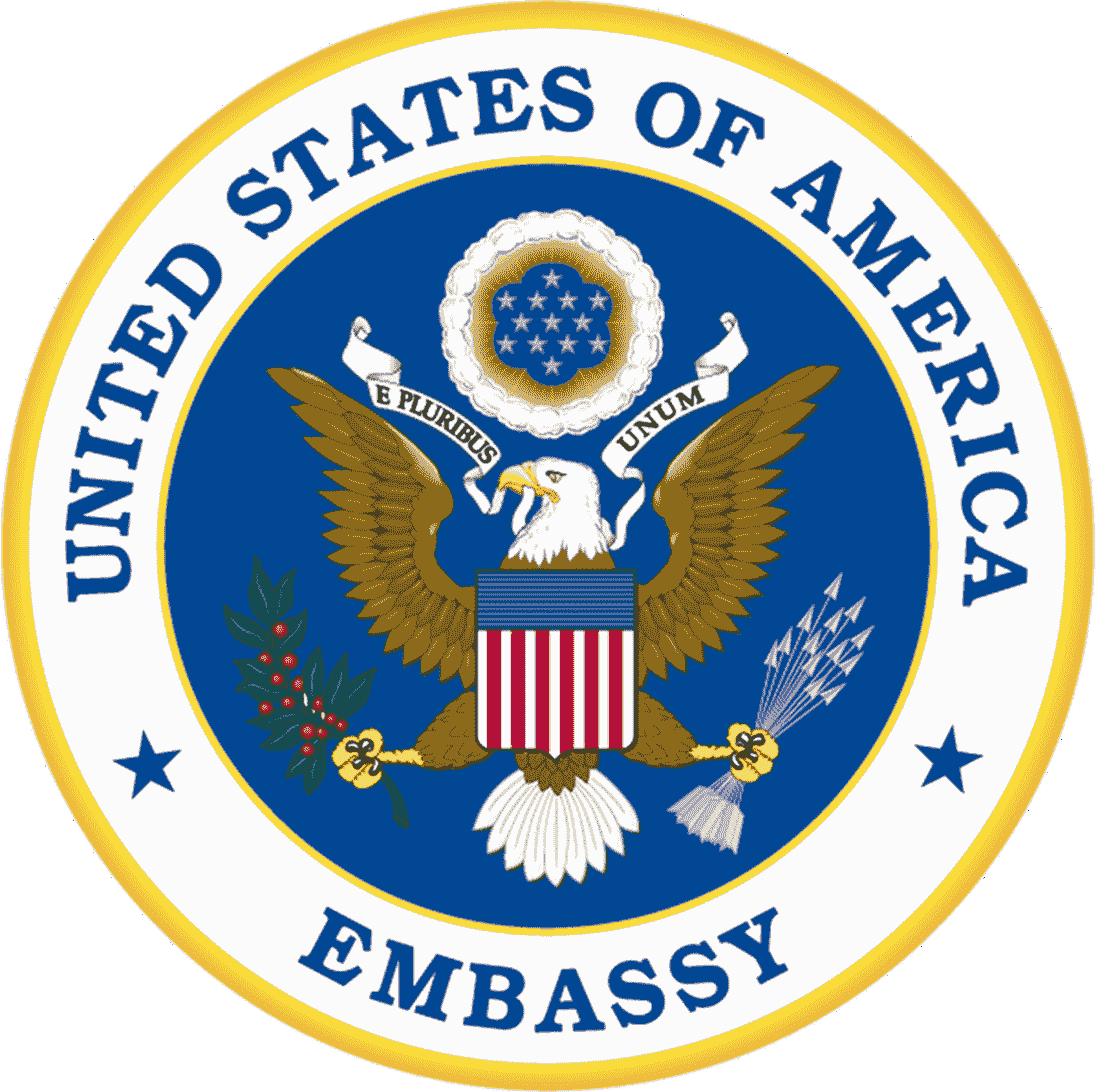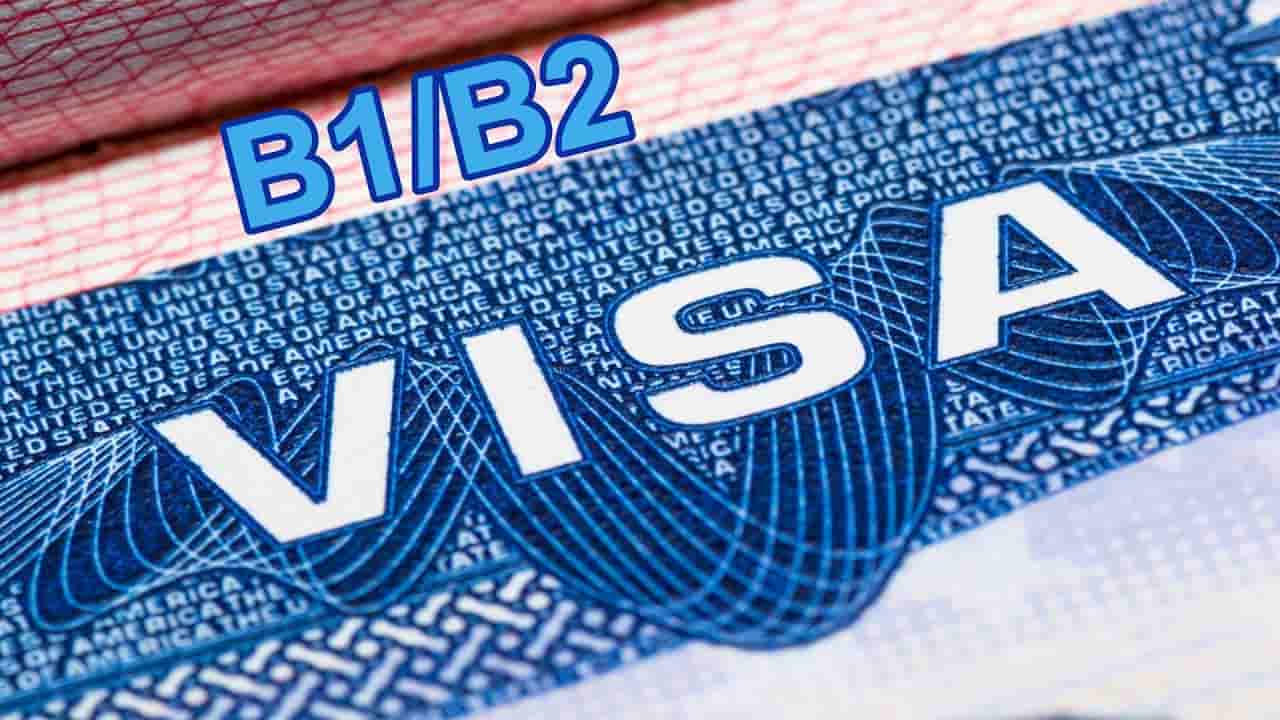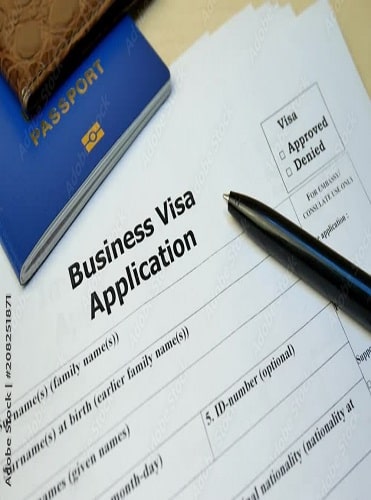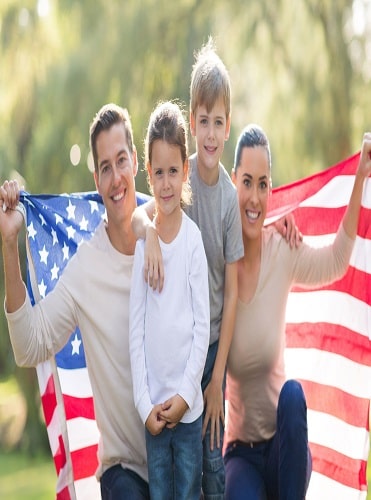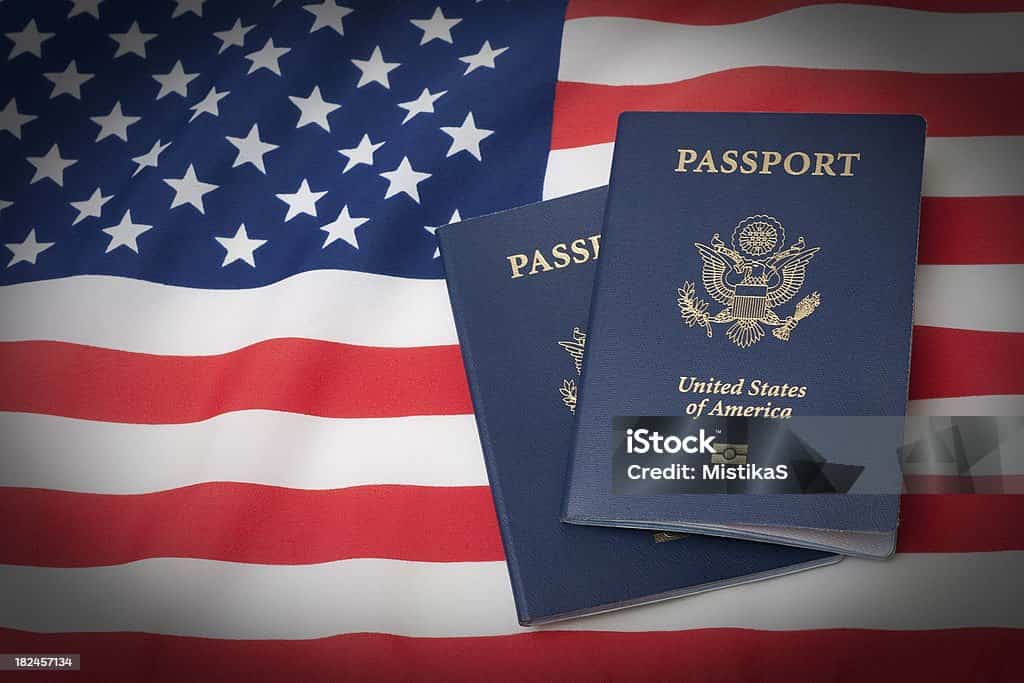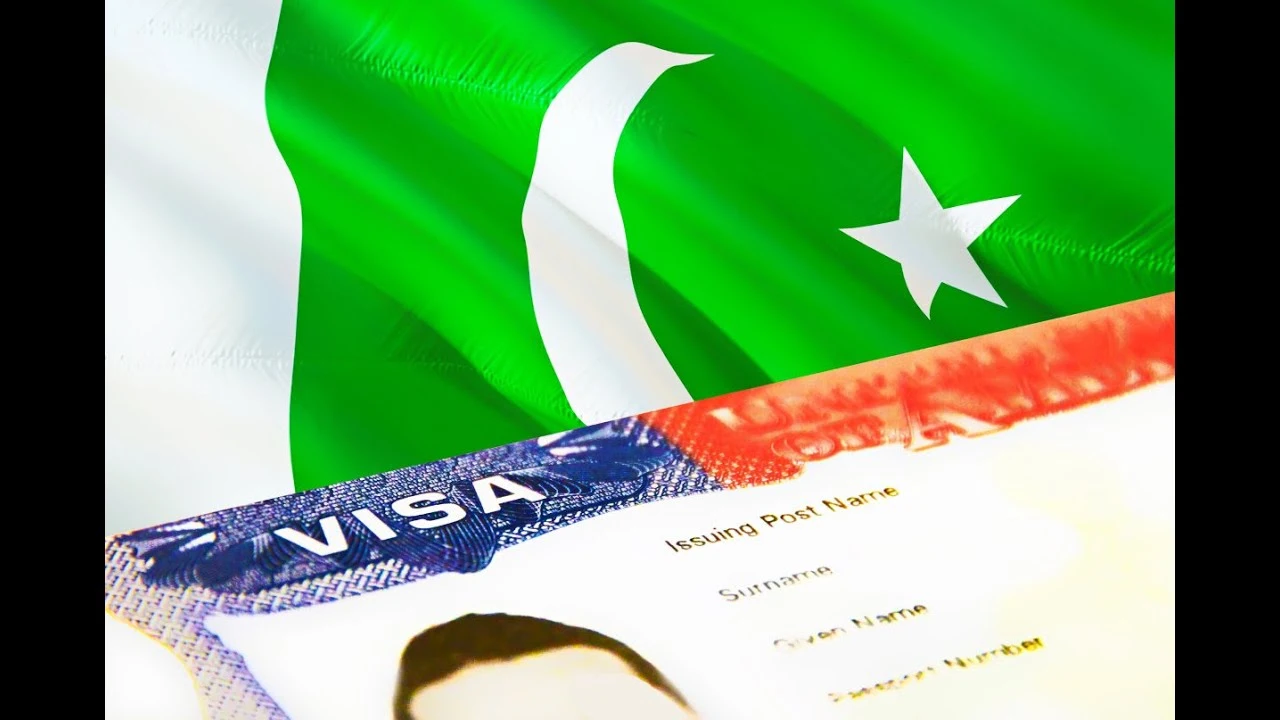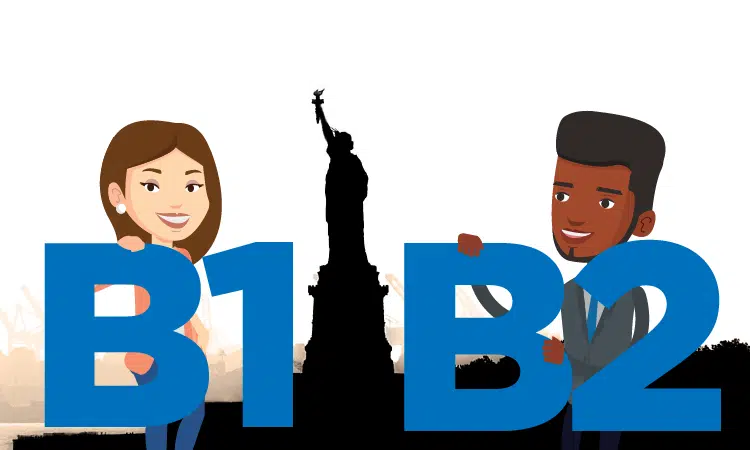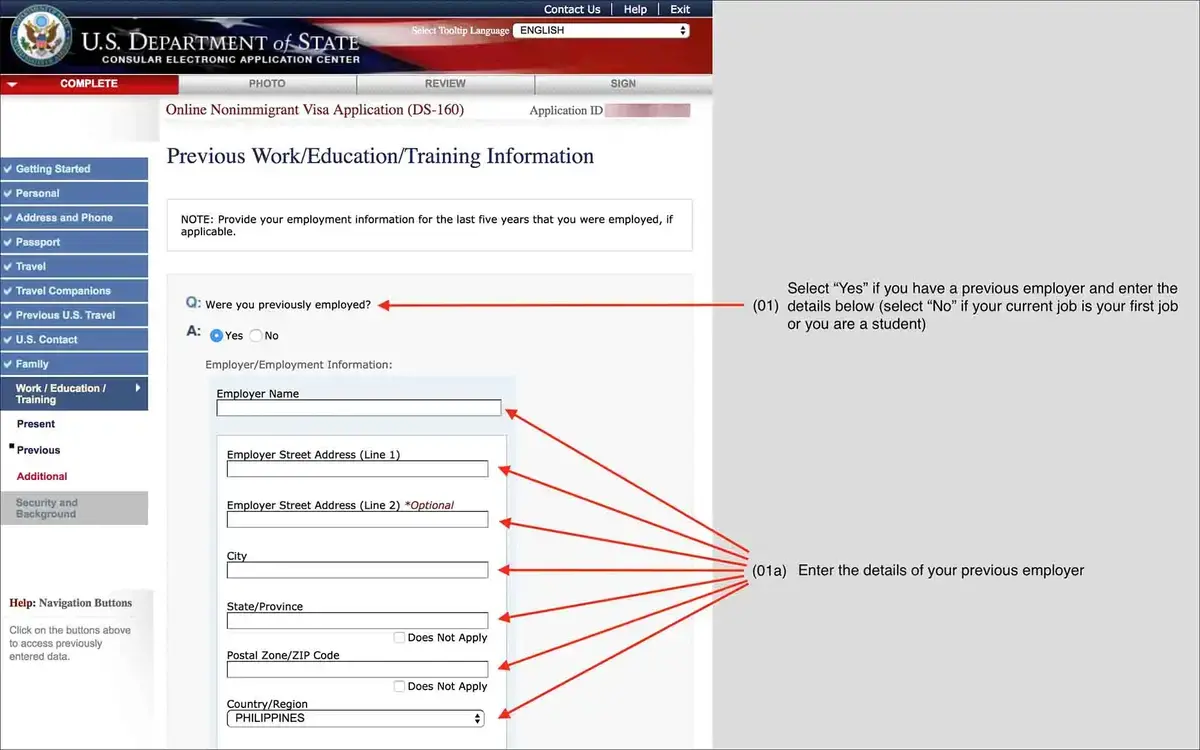B-1/B-2 Visa to Green Card
Navigating the U.S. immigration system can feel overwhelming, especially when you’re trying to turn a temporary visit into a permanent residency. If you’re currently in the U.S. on a B-1/B-2 visa and considering a transition to a Green Card, this guide will provide you with in-depth knowledge and actionable steps to help you along the way.
Understanding B-1/B-2 Visas
Definition and Purpose
The B-1 visa is designed for business visitors, allowing you to attend meetings, conferences, or negotiate contracts. Conversely, the B-2 visa serves tourists who wish to visit the U.S. for leisure activities, such as sightseeing or visiting friends and family.
Duration of Stay
Typically, B-1/B-2 visa holders can stay in the U.S. for up to six months. However, the exact duration may vary based on the discretion of the U.S. Customs and Border Protection (CBP) officer at the port of entry. Always check your I-94 form for the specific date by which you must leave.
Common Uses
- B-1 Visa: Attending business meetings, negotiating contracts, or participating in short-term training.
- B-2 Visa: Traveling for tourism, visiting relatives, or receiving medical treatment.
Understanding the scope of your visa is crucial. Engaging in activities outside these parameters can jeopardize your status and future immigration options.
Eligibility for Green Card

Overview of Green Card Types
A Green Card, officially called a Permanent Resident Card, allows you to live and work in the U.S. permanently. The main pathways to obtaining a Green Card include:
- Family-sponsored Green Cards
- Employment-based Green Cards
- Diversity Visa Lottery
- Special categories (e.g., refugees, asylees)
Requirements for Transitioning
To transition from a B-1/B-2 visa to a Green Card, you must meet specific eligibility criteria, including:
- A valid reason for applying.
- A qualifying family member or employer willing to sponsor you.
- No violations of your visa terms.
Pathways from B-1/B-2 Visa to Green Card
Family Sponsorship
One of the most common pathways is through family sponsorship. If you have a U.S. citizen or lawful permanent resident relative, they can file a petition on your behalf.
- Immediate Relatives: Spouses, children, and parents of U.S. citizens have priority and no annual cap on visas.
- Family Preference Categories: Includes siblings and married children, but these may have long waiting times.
Employment-Based Options
If you secure a job offer from a U.S. employer, they can sponsor you for an employment-based Green Card. The process generally involves:
- Labor Certification: Proving no qualified U.S. workers are available for the position.
- Petition Filing: Your employer files Form I-140, Immigrant Petition for Alien Worker.
- Adjustment of Status: If you’re still in the U.S., you can apply for a Green Card through Form I-485.
Change of Status vs. Adjustment of Status
- Change of Status: This applies if you’re switching from one non-immigrant status to another (e.g., from B-1 to F-1 student visa).
- Adjustment of Status: This allows you to apply for a Green Card while remaining in the U.S. on your current visa.
Special Cases
There are unique pathways for certain individuals:
- Asylum Seekers: If you’ve been granted asylum, you can apply for a Green Card after one year.
- Individuals with Extraordinary Ability: If you possess extraordinary skills in sciences, arts, or business, you may qualify for an EB-1 visa category.
Application Process
Step-by-Step Guide
Transitioning from a B-1/B-2 visa to a Green Card involves several steps:
- Determine Eligibility: Ascertain which pathway suits you best.
- Gather Documentation: Collect necessary documents such as:
- Passport
- B-1/B-2 visa
- Proof of relationship (if applicable)
- Job offer letter (if employment-based)
- File the Petition: Depending on your pathway, your sponsor (family member or employer) must file the appropriate petition.
- File for Adjustment of Status: After the petition is approved, submit Form I-485 to adjust your status.
Required Documentation
When applying for a Green Card, you must prepare a comprehensive set of documents, including:
- Form I-130 or Form I-140 (Petition for Alien Relative or Immigrant Worker)
- Form I-485 (Application to Register Permanent Residence or Adjust Status)
- Medical Examination Results (Form I-693)
- Proof of Financial Support (Affidavit of Support, Form I-864)
- Biometric Fees: Usually around $85.
Filing Fees and Timeline
The costs can vary based on the application type, but here’s a general breakdown:
| Form | Fee | Processing Time |
|---|---|---|
| Form I-130 | $535 | 6-12 months |
| Form I-140 | $700 | 6-12 months |
| Form I-485 | $1,140 | 8-14 months |
| Biometric Fee | $85 | – |
Be prepared for potential delays. Always check the USCIS website for current processing times.
Common Challenges and Solutions
Overstaying a Visa
One of the most significant risks when attempting to transition is overstaying your visa. If this happens, you may face a 3- or 10-year ban from re-entering the U.S. To mitigate this:
- Apply for Adjustment of Status Before Expiration: Submit your application before your B-1/B-2 visa expires.
- Seek Legal Advice: Consult an immigration attorney for tailored guidance.
Maintaining Status
While you’re in the process of transitioning, it’s crucial to maintain your legal status. Here are some tips:
- Stay Informed: Understand the rules of your visa and comply with them.
- Don’t Engage in Unauthorized Work: Working without authorization can jeopardize your application.
Interview Preparation
The Green Card interview can be daunting, but preparation can ease your nerves. Here’s how to prepare:
- Review Your Application: Familiarize yourself with every detail you submitted.
- Practice Common Interview Questions: Be ready to discuss your background, intentions, and relationship with your sponsor.
- Dress Professionally: First impressions matter; dress appropriately for the interview.
Frequently Asked Questions
Can I apply for a Green Card while on a B-1/B-2 visa?
Yes, you can apply for a Green Card while on a B-1/B-2 visa, but you must meet eligibility requirements and follow the proper procedures.
What happens if my application gets denied?
If your application is denied, you may have the option to appeal or reapply. Consult an immigration attorney to explore your options.
How long can I stay on a B-1/B-2 visa before transitioning?
While you can stay for up to six months, it’s crucial to apply for a Green Card before your visa expires to avoid complications.
Conclusion:
Transitioning from a B-1/B-2 visa to a Green Card can be a complex but rewarding journey. By understanding your options, gathering the right documentation, and preparing for the application process, you increase your chances of success. Remember that seeking professional legal advice can provide personalized guidance tailored to your unique situation.
If you’re ready to take the next step, consider reaching out to an immigration attorney to ensure a smooth transition. Your dream of permanent residency in the U.S. is within reach!
